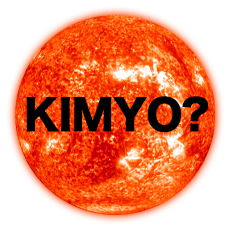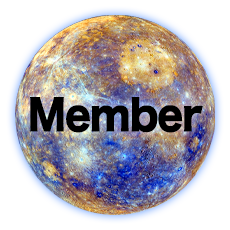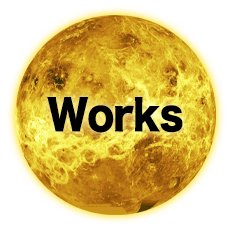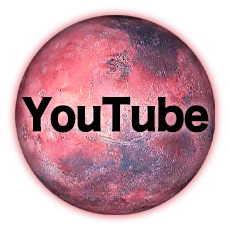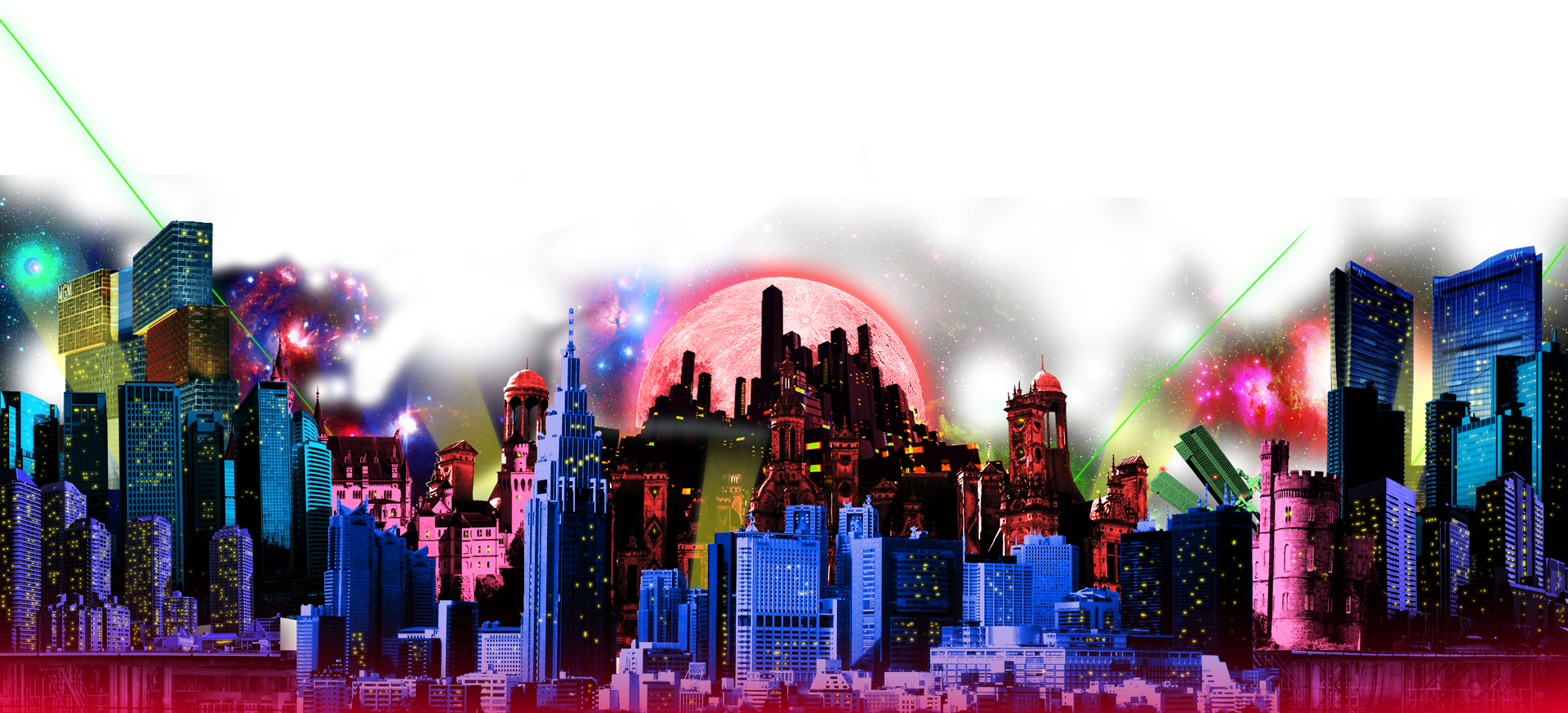The potential for improving drinking outcomes by treating sleep disturbance is being investigated. We believe that it would be meaningful to conduct further studies on female subjects to compare the sleep quality between hazardous drinkers or patients with alcohol use disorder and moderate drinkers or persons who do not drink at all. In addition, further studies are recommended focused on the correlation between alcohol consumption and sleep apnea or restless leg syndrome, both of which were found to be significant in the present study. If you want to understand why alcohol has a contradictory effect on your sleep cycle, it can help to think about things in terms of sleep stages.
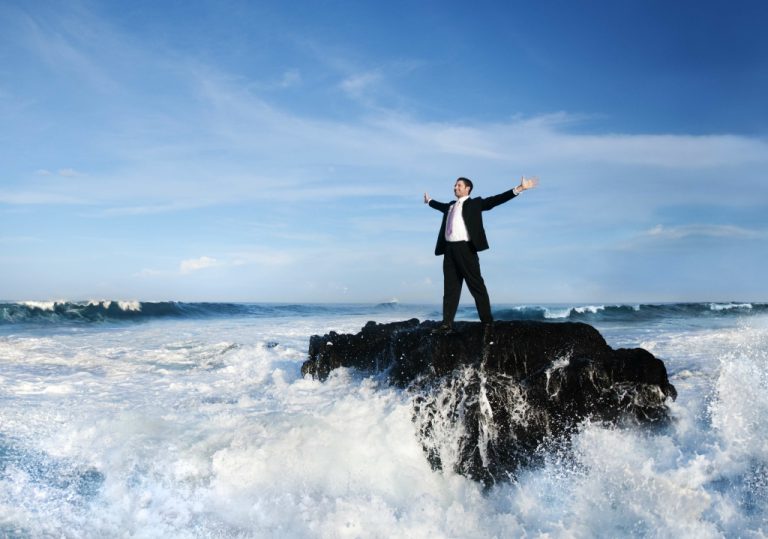
In short, it’s mainly due to your body rebalancing itself after stopping a substance. And because alcohol is a sedative, the withdrawal can follow the opposite sort of pattern. For example, you might feel overstimulated, restless, and anxious after quitting. However, a person’s sleep quality after alcohol consumption is generally worse. People who consume alcohol may wake up during sleep and experience increased disruptions such as sleep apnea and snoring. In summary, alcohol misuse (heavy alcohol use and AUD) appears to be linked in a bi-directional fashion to sleep-related problems such as insomnia and circadian rhythm abnormalities.
Is being sleep drunk dangerous?
Sleep and circadian rhythm disruption from alcohol also contribute to next-day tiredness, fatigue, irritability, and difficulty concentrating. Even if it doesn’t present as a full-fledged hangover, alcohol-related sleep loss negatively affects mood and performance. The most effective time of day for the body to metabolize alcohol, according to research? That’s right, the traditional “happy hour” time is actually when the body is most prepared to process that cocktail. If that mimosa with brunch hits you particularly hard, it may be the result of circadian timing. If you feel pretty drunk, you’ll probably fall asleep quickly but have a restless night.
The movement between NREM and REM sleep involves a complex interaction between
REM-on and REM-off neuronal groups in the brainstem. The REM-on groups largely consist of
cholinergic cells does alcohol cause insomnia in the lateral dorsal tegmentum (LDT) and the pedunculo pontine tegemental
(PPT) nuclei. REM-off cells involve the serotonergic dorsal raphe nucleus and noradrenergic
locus ceruleus.
2. GENEactiv Accelerometer Assessments of Sleep and Activity
Try to avoid self-medicating with other drugs while you are going through withdrawal. Alcohol may be consumed in beer, wine, and hard liquors like vodka, rum, gin, and whiskey. It is more often consumed at night, also called a nightcap, and may negatively affect https://ecosoberhouse.com/article/alcohol-poisoning-signs-and-symptoms/ your sleep. While alcohol can make you feel tired at first, it can also disturb your sleep as it wears off. Even though it’s a natural supplement, it’s not safe (12) to consume alcohol and melatonin together as it could lead to dizziness and drowsiness.
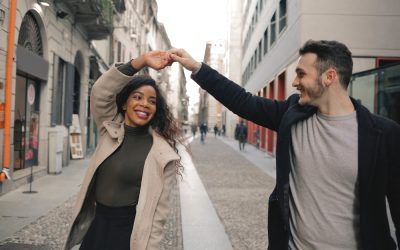
But the truth is, drinking regularly—even moderate drinking—is much more likely to interfere with your sleep than to assist it. Being a sedative and depressant of the central nervous system, alcohol can increase feelings of tiredness and sluggishness. One of the side effects of alcohol is drowsiness, so it can make you fall asleep quickly.

